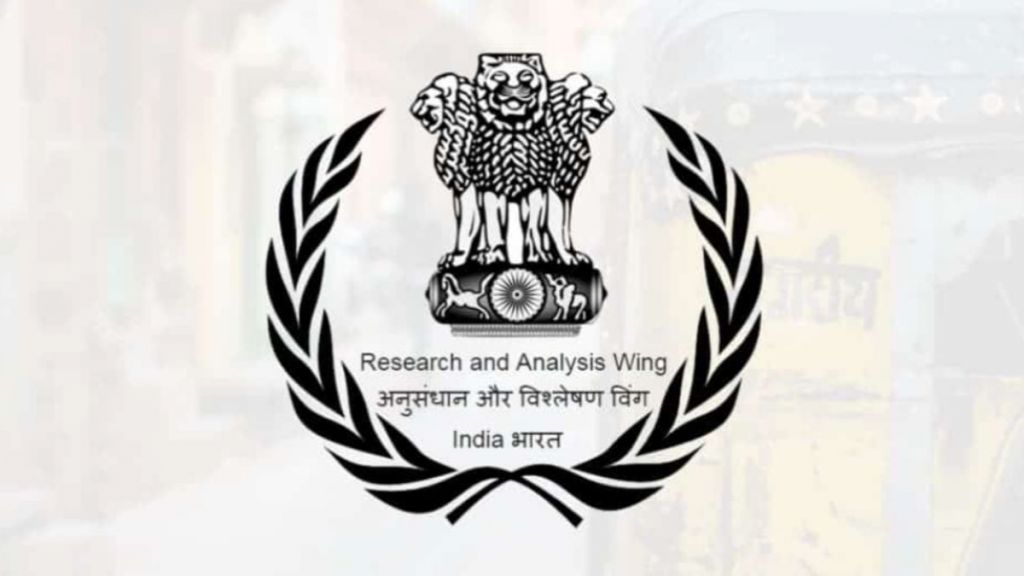
Mumbai: Pakistan's Secret service Inter-Services Intelligence (ISI) is reportedly orchestrating a dangerous plot against India. ISI has launched the covert operation to set up an anti-Iran Shia base that could destabilize the country’s Shia community and fuel sectarian tensions.
According to the sources India's premier External intelligence agency, Research and Analysis Wing (R&AW), shared the intel with the Ministry of Home Affairs, about the plot. The report reveals that ISI’s plot involves using the ongoing Shia-Sunni tensions in the Gulf—exacerbated by the Iran-Israel war—as a battleground on Indian soil. Pakistan seeks to exploit these tensions to the point where Shia-Sunni conflicts that are simmering in the Gulf region are imported to India, turning them into a full-scale religious war within the country.
The ISI's plot is part of a broader strategy to destabilize India’s communal harmony, by inciting sectarian clashes. R&AW's report suggests that the Shia community in India could be targeted for violence, by making them to take anti Iran stand, leading to possible sectarian riots and massacring of Shia Muslims. The intelligence indicates that the violence could be disguised as part of a larger religious war in the world, ultimately escalating tensions not only within India but across the middle east Shia-Sunni world. The Security agency suspects that the ongoing operation could result in widespread communal violence and undermine the country’s security. The involvement of external actors—particularly Iraq based clerics and operatives—is seen as a calculated attempt to manipulate local religious sentiments and push India toward sectarian strife.
on the Condition of Anonymity the High ranking official revealed that the ISI operation is reportedly so covert that authorities fear intelligence agencies might struggle to immediately recognize the full extent of the conspiracy. The ultimate aim is to create an environment of chaos and violence, making it difficult to distinguish between the domestic conflict and the broader Shia-Sunni war playing out in the Gulf. The plot, if successful, could significantly destabilize the country, leading to not only internal strife but also global repercussions. So far India has been remain peaceful on the sectarian front, such as that of Pakistan, where the shias are attacked by the dominant Sunni population, leading to unrest in the region.
The intelligence report suspects that the ISI’s goal is to create conditions in India where the Shia community, particularly in states like Maharashtra, Uttar Pradesh, Bihar, and Delhi, faces attacks from local Sunni groups due to their anti-Iran stance, as this indirectly supports Israel's position against Hamas. Intelligence indicates that such violence could be portrayed as part of a broader religious conflict, ultimately escalating tensions not only within India but across the Shia-Sunni world.
To execute this strategy, ISI is reportedly leveraging external religious figures to influence the Shia community in India. One key player in the plot is said to be an Iraq-based cleric, whose identity cannot be disclosed by FPJ due to the sensitivity of the issue. This cleric is closely connected to local Shia communities and is believed to have the backing of two Islamic scholars who operate two modules in Mumbai.
According to sources, these two scholars have deviated from the path of the majority of the Shiites and deviated from mainstream Shia teachings.which serves ISI’s objectives. Officials indicate that both scholars are not only influential within the Shia community but are also suspected of financially supporting ISI’s activities.
The intelligence report suggests that two scholars— One of these modules is allegedly led by a well-known scholar who previously resided in Mumbai but has since migrated to the UK. Currently active at the Islamic Centre of England, he is highly regarded for his knowledge of Islamic theology, particularly within Shia traditions, and holds a substantial following in both the UK and India.
The other module is managed by another scholar, a Mumbai resident who now spends most of his time outside India. He is also a prominent figure within the Shia community, likely involved in community leadership or management. His role may include overseeing religious gatherings, organizing events, or coordinating services important to Shia traditions. His influence often extends to promoting Shia teachings and organizing religious observances.
Both scholars, despite their different roles and backgrounds, have strayed from the teachings upheld by the majority of Shia scholars. This doctrinal divergence is a critical element of ISI’s effort to destabilize Shia-Sunni relations in India. These individuals are reportedly tasked with inciting violence between Shia and Sunni Muslims in India.
Although the identities of these scholars have been withheld due to the sensitive nature of the ongoing investigation, the report stresses the seriousness of the threat posed by their actions. Indian security agencies are closely monitoring their activities, particularly their influence over Shia youth and their participation in religious events that could serve as incitement platforms for further unrest.
The intelligence suggests they have received financial support from operatives in Mumbai, where ISI has established operational modules aimed at fomenting sectarian violence. The financial backing from external sources further underscores the depth of ISI’s involvement in these operations, which are designed to create a disruptive environment within India, using the Shia-Sunni divide as a tool for external geopolitical objectives.